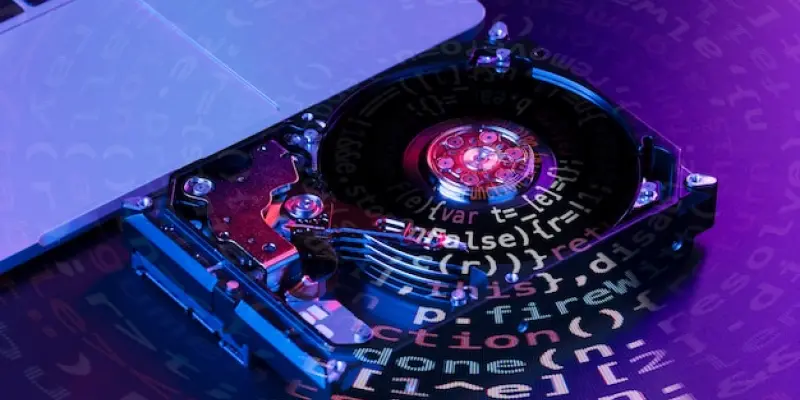Intel’s latest initiative, Intel Performance Optimized (IPO) gaming PCs, has sparked keen interest in the gaming community due to their potential to enhance gaming performance significantly. Announced recently at CES, Intel’s IPO platform aims to reinvigorate their Arrow Lake processors, which, despite excelling in productivity and energy efficiency, lagged behind AMD and Intel’s previous 14th generation CPUs in gaming performance. This strategic move features substantial overclocking capabilities and increased power limits, promising a much-needed boost in gaming efficiency. The question remains: will these advancements finally enable Intel to outperform AMD in the competitive gaming CPU market?
Notable Enhancements and Specifications
Intel’s 14th generation CPUs, such as the 14600KF and 14700KF, have introduced new entries with considerable enhancements. Among these, the Core Ultra 7 265K has attracted significant attention for its impressive specifications. The 265K boasts a boost clock speed of 5.7GHz, an increase of 200MHz. Several overclocked components further boost performance. Specifically, the efficiency core boost clock has been raised to 4.9GHz, the NGU clock to 3.1GHz, and the die-to-die interface clock also to 3.1GHz. These specifications highlight a more comprehensive approach to performance improvement than merely focusing on boosting P core clocks. Such enhancements could markedly elevate the gaming capabilities of Intel’s CPUs. In addition to increased clock speeds, the power limits for the 265K have seen a dramatic rise. Power limits have been elevated to 280W (PL1) and 350W (PL2), compared to the previous limits of 125W and 250W, respectively. This increase allows for greater headroom during intensive gaming sessions, potentially translating into better sustained performance. Complementing these changes is the inclusion of an 8,000MHz memory kit with tightened timings and microcode fixes, further optimizing overall CPU performance. Should the gaming community widely adopt these modifications, Intel’s position in the competitive gaming market could see a significant boost.
Potential Impact and Market Positioning
The IPO initiative represents a strategic effort by Intel to regain its competitiveness in the gaming CPU market through substantial hardware optimizations and system-wide overclocking capabilities. This endeavor is part of Intel’s broader strategy to address the gaming community’s demands for superior performance and energy efficiency. Popular tech leaker Uniko’s Hardware revealed the detailed specifications, emphasizing these significant improvements’ potential impact on gaming performance. However, users are cautioned against updating to the latest Windows 11 version, as it might counteract these performance enhancements. By focusing on both hardware enhancements and specific overclocking capabilities, Intel aims to deliver a more compelling product. The inclusion of components like the Core Ultra 7 265K, with heightened power limits and advanced memory kits, underscores Intel’s commitment to pushing the boundaries of CPU performance. If these improvements successfully translate into real-world performance gains, they may well redefine Intel’s standing in the highly competitive gaming market. The challenge now is for Intel to ensure these enhancements are effectively integrated and adopted by a broad user base.
Future Considerations and Actionable Steps
Intel’s new initiative, the Intel Performance Optimized (IPO) gaming PCs, has garnered substantial attention within the gaming community for their potential to significantly boost gaming performance. Announced recently at CES, the IPO platform aims to breathe new life into Intel’s Arrow Lake processors. While these processors have been impressive in terms of productivity and energy efficiency, they’ve lagged behind both AMD and Intel’s older 14th generation CPUs in gaming performance. This strategic move incorporates significant overclocking capabilities and higher power limits, promising a critical increase in gaming efficiency. The central question remains: will these advancements finally position Intel to surpass AMD in the highly competitive gaming CPU market? With the gaming community always in pursuit of the best possible performance, Intel’s renewed focus on addressing its gaming shortcomings could indeed shake up the landscape. However, whether these improvements will be enough to finally edge out AMD is yet to be determined, placing all eyes on Intel’s next steps in the CPU battle.

